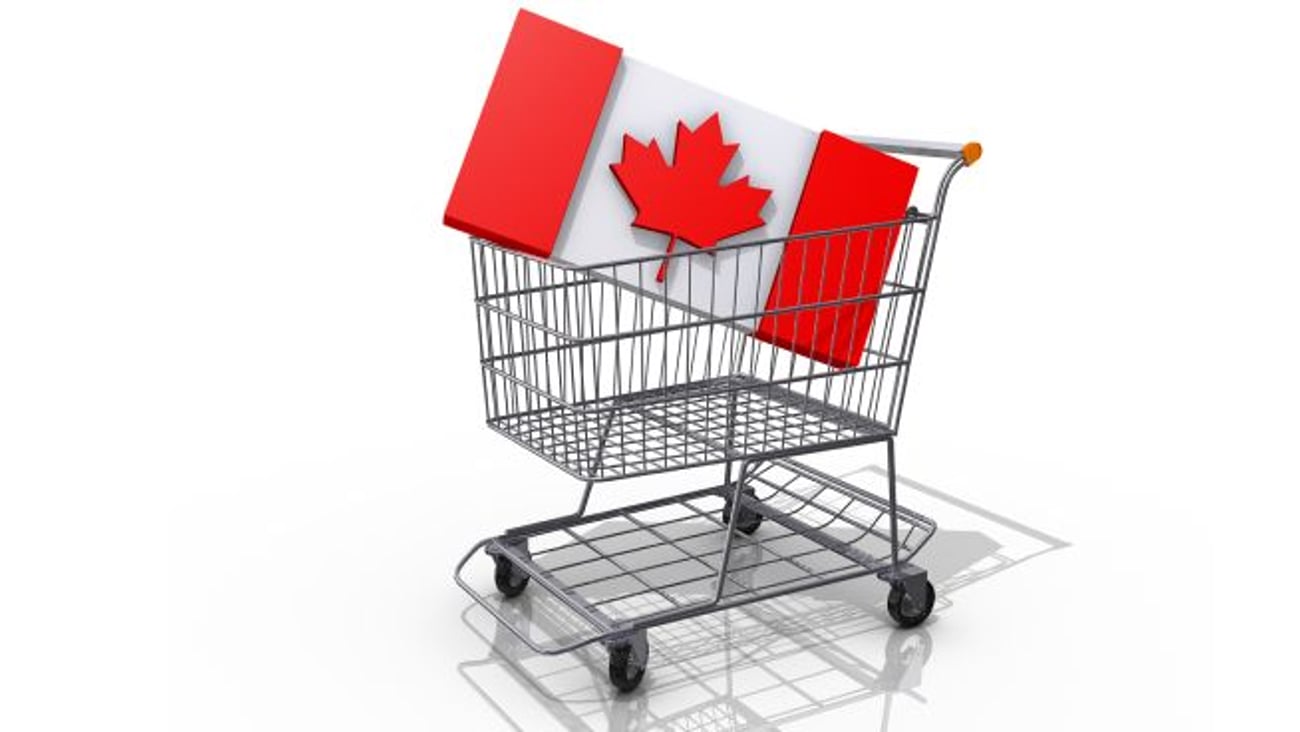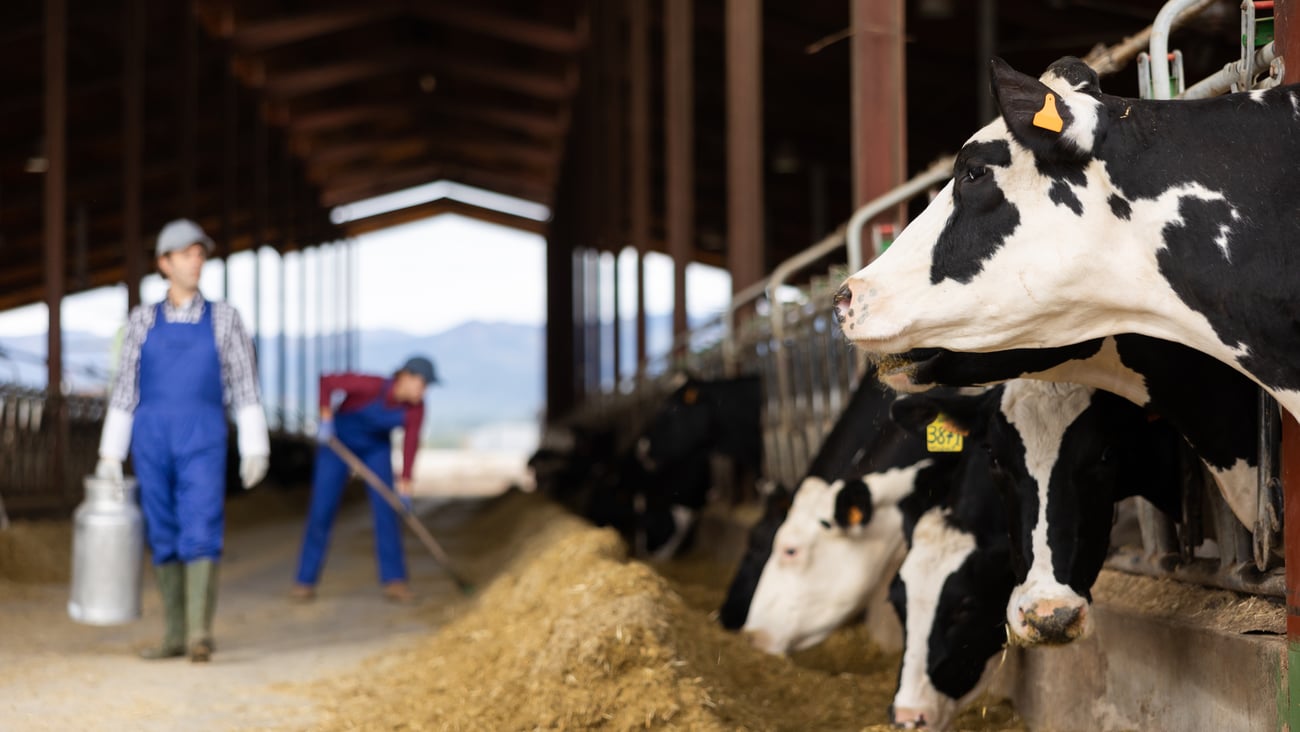Wanna end food fraud? There's an app for that
Date tampering in food retail stores is back in the news again.
Over the last 12 months, reports in B.C., Ontario, Alberta and Quebec convey similar stories that suggest some employees have been asked to repurpose food products and change expiry dates.
Cases found across the country have included products in dairy, meats, even fish and seafood. The changed dates vary from as little as one day and in some cases, to as much as two months. Consumers have every right to be horrified by these findings of deceptive labels.
We can perhaps blame regulators and industry alike. However, food fraud has been around since the Roman Empire, so it is hardly possible humans can address this issue without the support of proper technology. The phenomena of economically motivated adulteration and food fraud are inherently complex.
Let’s be clear though. Tampering with dates is wrong, full stop. Repackaging food to extend their shelf life is illegal in Canada. But it is also illegal in many places in the Western world.
Food fraud is a wide-spread problem across both ends of the food continuum. It is even worse in Europe. In fact, not one week goes by without one study being publishing that reports fraudulent labels. Sausages, pies, jams, processed food at all levels have been evaluated in many studies showing troubling results.
But some chains are doing something about it. Since 1974, barcodes have allowed better traceability across global food supply chains.
But now GS1, the non-profit organization that assigns the unique numbers in barcodes, has developed a different, double-layered barcode. It’s called the Data Bar. The new set of data on each product includes more details like expiry date, quantity, and batch or lot number.
German retailer Metro just launched PRO Trace, a smartphone app that displays all the information consumers need at the point of purchase. This app allows a consumer to verify when and where a fish was caught, and when and where it was processed. The German retailer is empowering the consumer to validate and self-authenticate information showcased in stores. Displaying validated data in real-time in stores for consumers to process is now a reality.
Consumers are not the only winners with this app. Similar to Costco, Metro sells in bulk to small businesses such as restaurants and small hotels. With this very affordable device, SME’s can now guarantee the content they display on menus. This technology provides clarity at many different levels. Consumers can also benefit indirectly from better technology.
Without better technology, we can always have more publicly funded monitoring by regulators. It could make a difference but it could also increase the cost of food and decrease distribution efficiencies. Such an outcome is hardly desirable, especially in light of higher food prices these days. However, with technologically supported consumers visiting stores every single day can only force the entire supply chain to become more disciplined, and accountable to consumers and itself.
From a consumer point of view, these food fraud incidences could become conversation starters around another important issue in food retailing—food waste. Food waste, like date tampering, needs measures put into place to encourage food distributors to reduce waste.
An increasing number of consumers are more sensitive to the notion of food waste and are willing to act on it. Transparency should prevail while reducing waste. For example, Loblaws, Sobeys, Metro and many independents have capitalized on this momentum by selling ugly vegetables at lower prices.
With better technology in the hands of the consumer, food fraud can only dissipate over time. But food fraud is just the beginning. GS1 believes consumers are increasingly more interested in nutritional values, ingredient information, details on allergens, organic certification, environmental impact, ethical standards used on farms, alongside many other emerging issues.
Market-driven expectations need to be served by better technology. With that amount of data required, current barcodes won’t be enough. We may see a different kind a barcode in the near future for consumers to access the information they need.
And that’s just fine. Watching employees repurposing food and changing expiry dates is not good for business. It’s frankly embarrassing. Let’s give technology the place it deserves so consumers know what they are buying.




